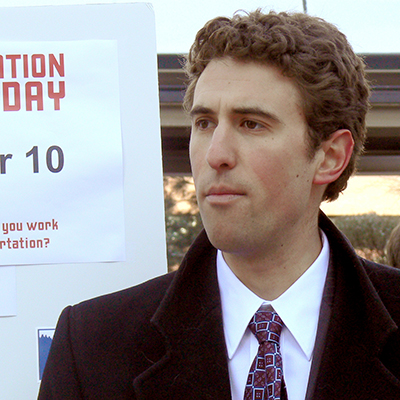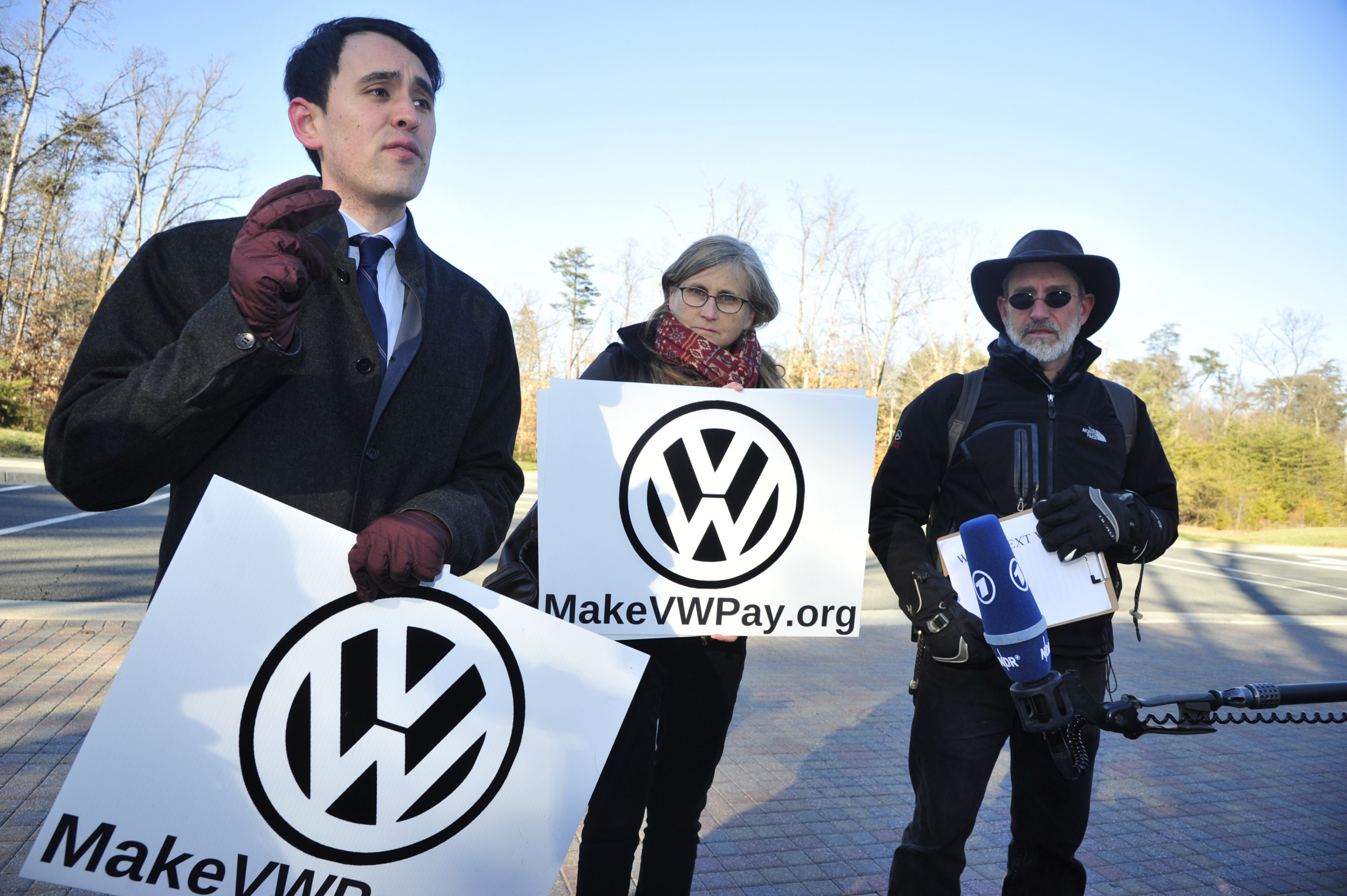
Five years after news of VW’s emissions-cheating scandal broke, Colorado is making progress toward cleaner, cheaper transportation.
On September 18th, 2015, the world learned VW had misled hundreds of thousands of people into buying dirty, diesel vehicles designed to avoid emissions standards. Five years later, we looked back at our campaign to hold VW accountable and highlighted how tens of millions of dollars from a legal settlement and a customer “buy back” program has helped Coloradans head toward a cleaner, electric-powered future.

Watch our panel on the 5-year anniversary of the VW emissions scandal.
Five years ago Volkswagen (VW) was caught. They built elaborate software — called a “defeat device” — to turn on some of their car’s emissions controls during tailpipe pollution tests and turn them off during regular driving. WIth emission controls off, the vehicle emitted as much as 40 times the legal limit of smog-forming pollutants.
Authors
Danny Katz
Executive Director, CoPIRG
Danny has been the director of CoPIRG for over a decade. Danny co-authored a groundbreaking report on the state’s transit, walking and biking needs and is a co-author of the annual “State of Recycling” report. He also helped write a 2016 Denver initiative to create a public matching campaign finance program and led the early effort to eliminate predatory payday loans in Colorado. Danny serves on the Colorado Department of Transportation's (CDOT) Efficiency and Accountability Committee, CDOT's Transit and Rail Advisory Committee, RTD's Reimagine Advisory Committee, the Denver Moves Everyone Think Tank, and the I-70 Collaborative Effort. Danny lobbies federal, state and local elected officials on transportation electrification, multimodal transportation, zero waste, consumer protection and public health issues. He appears frequently in local media outlets and is active in a number of coalitions. He resides in Denver with his family, where he enjoys biking and skiing, the neighborhood food scene and raising chickens.